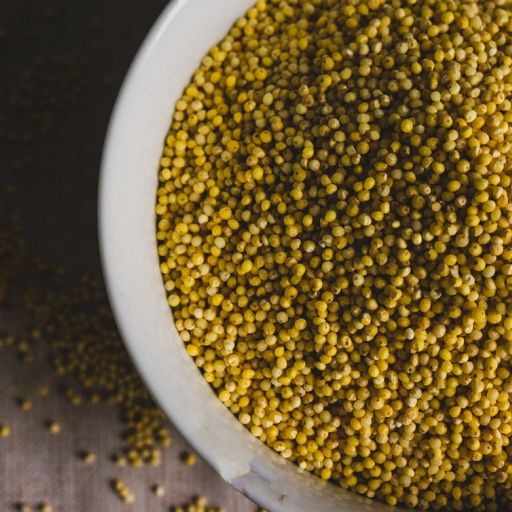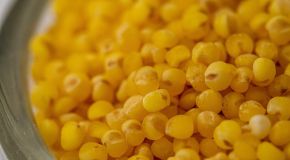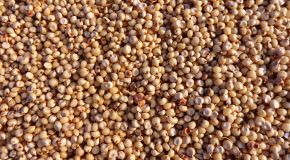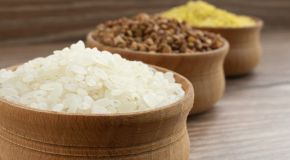The nutritional richness of millet:
A source of health for body and mind

Millet, an often overlooked grain hero, is not only known for its versatility in the kitchen, but also for its impressive nutritional content. This small grain, which has been on our plates for thousands of years, is a veritable treasure trove of essential nutrients that have a positive impact on our health. Let's immerse ourselves in the nutrient-rich world of millet.
1. carbohydrates: energy boost for everyday life
Millet is an excellent source of complex carbohydrates. These are the main source of energy for our body and provide us with the strength we need to face the challenges of everyday life. Unlike simple carbohydrates, which can lead to rapid energy peaks and troughs, the complex carbohydrates in millet provide a steady and long-lasting energy supply.
2. proteins: Building blocks for muscles and tissue
Millet has an amazingly high protein content for a cereal. These proteins contain a large number of essential amino acids, which are essential for building and repairing muscles and tissue. For vegetarians and vegans in particular, millet can be an important source of protein that contributes to a balanced diet.
3. dietary fiber: digestive and filling
Millet is rich in fiber, which plays a key role in supporting healthy digestion. Fiber promotes intestinal health, regulates blood sugar levels and helps to ensure a long-lasting feeling of satiety. Consuming enough fiber can also help reduce the risk of heart disease and other diet-related illnesses.
4. Vitamins: Small grains, big variety
Millet is a veritable vitamin storehouse. It contains various B vitamins such as thiamine (B1), riboflavin (B2) and niacin (B3), which are important for energy metabolism and healthy skin. Millet is also a good source of vitamin E, an antioxidant that can counteract cell damage. This variety of vitamins makes millet an excellent addition to a balanced diet.
5. minerals: strong bones and more
Millet is rich in minerals such as magnesium, phosphorus, iron and zinc. Magnesium supports muscle function and helps to maintain healthy bones. Phosphorus is important for cell structure, while iron promotes the formation of red blood cells. Zinc plays a role in immune function and wound healing. The combination of these minerals makes millet a valuable source for maintaining general health.
6. Antioxidants: cell protection the natural way
Millet also contains an impressive amount of antioxidants, including phenolic acids and flavonoids. These compounds help to protect cells from oxidative stress and free radicals. Regular consumption of antioxidant-rich foods such as millet can help reduce the risk of chronic disease and promote overall health.
7. Gluten-free: an option for gluten-sensitive people
Millet is an excellent choice for people with gluten intolerance or celiac disease. As millet is naturally gluten-free, it provides a safe alternative to gluten-containing grains and opens up a wider range of culinary options for gluten-sensitive people.
Conclusion: Millet - a gem of health
Millet, often overshadowed by other cereals, turns out to be a true gem of health on closer inspection. With its rich nutrient profile, it offers a wealth of benefits for body and mind. Whether as a staple food for a balanced diet or as a targeted supplement for specific nutritional needs, millet has earned a permanent place on our plates. Let's explore the many benefits of this humble grain together and boost health with a smile.





